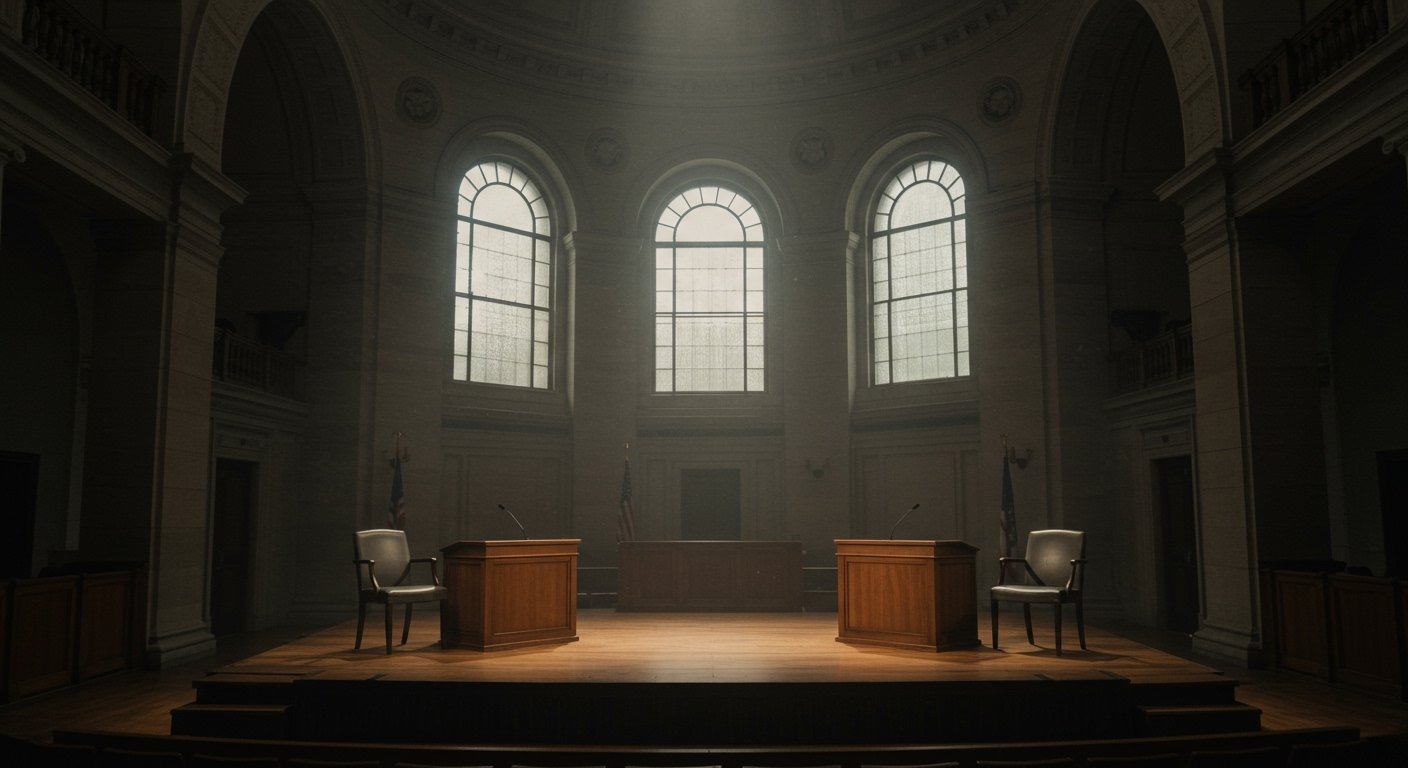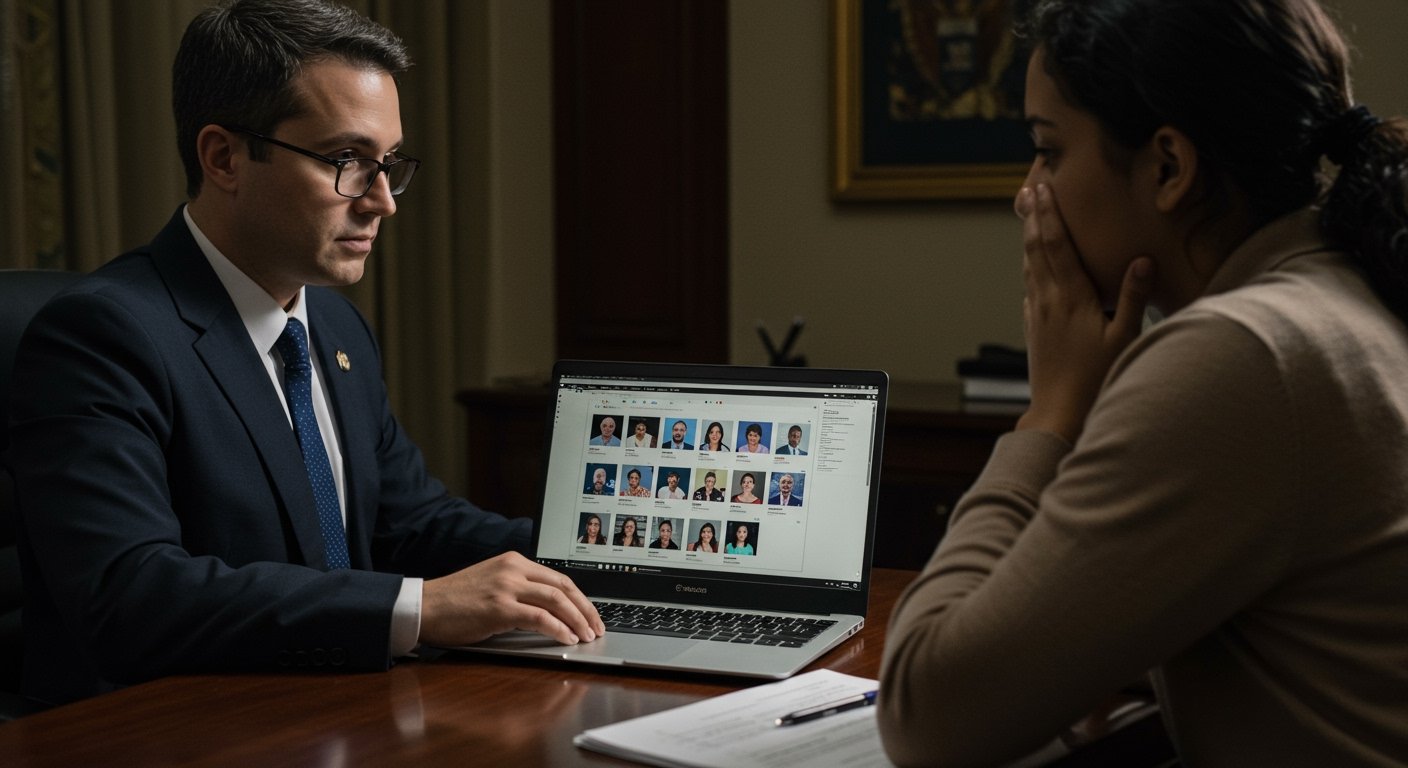In the ever-evolving landscape of corporate branding, Cracker Barrel Old Country Store found itself at the center of a national storm, not for its famed fried chicken or biscuits, but for a seemingly innocuous logo update. The Southern-themed restaurant chain, a decades-long icon of nostalgic Americana, triggered a significant backlash from conservative circles after unveiling a modernized, minimalist logo. This event quickly escalated, becoming a potent symbol in the broader American culture wars, drawing criticism from prominent political figures and igniting a fierce debate about tradition, identity, and “wokeness” in corporate America. The company’s subsequent decision to revert to its original branding highlighted the immense power of consumer sentiment and political influence in today’s polarized society.
The Rebrand and the Outrage
Cracker Barrel’s strategic move to update its logo was part of a larger effort to stay relevant and attract younger demographics amid declining sales and customer traffic. The refresh, which simplified the familiar image by removing “Uncle Herschel,” the endearing old man in overalls leaning against a barrel, and replacing it with a pared-down text-only design, was intended to present a sleeker, more contemporary look. However, this attempt at modernization quickly spiraled into a political firestorm.
Conservative figures and media outlets were swift to condemn the change, labeling it as “woke” and an erasure of traditional American heritage. Donald Trump Jr. was among the first to voice his strong disapproval on social media, questioning the company’s decision. The sentiment was echoed by other conservative activists who viewed the rebrand as a capitulation to “woke” ideology, warning other companies that “Go woke, watch your stock price drop”. The narrative framed the logo change not merely as a design choice, but as a political statement, turning Cracker Barrel into a battleground for cultural values.
A Proxy for Deeper Divisions
The controversy surrounding Cracker Barrel’s logo resonated deeply within the ongoing culture war, serving as a proxy for broader anxieties about societal change and corporate responsibility. For many on the right, Cracker Barrel represented a cherished aspect of American identity, deeply intertwined with nostalgia and traditional values. The perceived abandonment of its classic imagery was seen as a betrayal of its loyal customer base and a surrender to progressive agendas.
Marketing experts noted that legacy brands like Cracker Barrel often carry significant cultural weight, with their logos and aesthetics becoming symbols of shared identity and memory. The company’s historical background, including past discrimination accusations and recent attempts to broaden its appeal, such as its support for Pride Month and the introduction of plant-based options, made it a more visible target for conservative critique. Critics argued that companies increasingly felt pressured to adopt inclusive policies or messaging, which in turn attracted backlash from those who felt these initiatives were alienating or divisive.
Political Intervention and Corporate Reversal
The backlash quickly reached the highest levels of American politics. Former President Donald Trump weighed in, urging Cracker Barrel to “go back to the old logo, admit a mistake based on customer response”. This direct intervention amplified the pressure on the company, transforming a branding dispute into a nationally recognized political news event. In response to the escalating outcry and the significant public attention, Cracker Barrel reversed its decision. The company issued a statement acknowledging the deep customer care and announcing the return of the “Old Timer” logo, featuring Uncle Herschel. This swift capitulation was celebrated by many on the right as a victory for consumer power and a testament to the influence of the “Maga” movement. The reversal also led to a notable rebound in the company’s stock value, which had initially plummeted following the logo announcement. This sequence of events underscored how swiftly corporate decisions could be impacted by organized public opinion, especially when amplified by political figures.
Lessons for Brands in a Polarized Nation
The Cracker Barrel logo saga serves as a stark reminder of the delicate balance brands must strike in a deeply polarized society. While modernization and adapting to changing consumer tastes are essential for business survival, the case highlights the risks of alienating a core customer base that holds strong emotional ties to a brand’s heritage and identity. The controversy demonstrated that in an era of heightened political division, corporate branding decisions can easily become politicized. Companies that attempt to navigate these waters must do so with extreme care, understanding that even minor visual changes can be interpreted through a partisan lens, potentially leading to significant financial and reputational consequences. Ultimately, Cracker Barrel’s experience illustrates the potent influence of engaged consumers and the undeniable impact of political discourse on even the most apolitical of American businesses.











